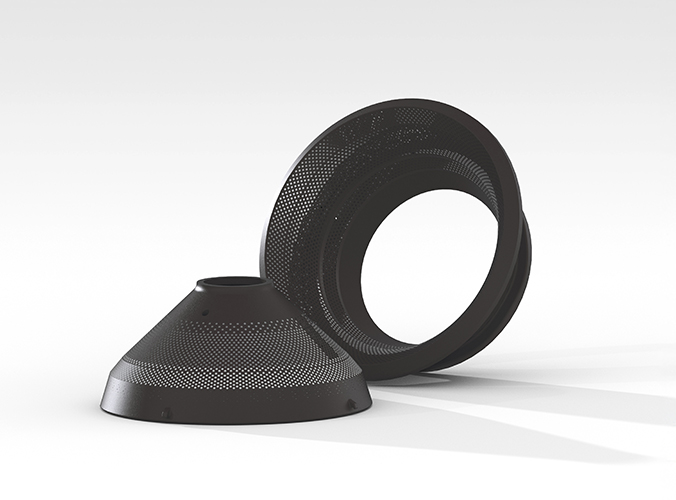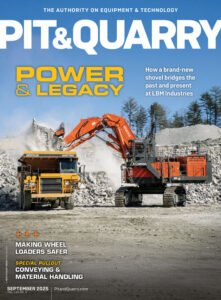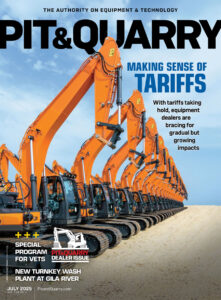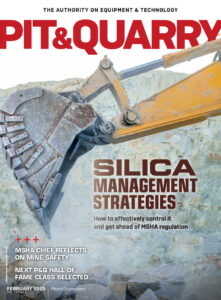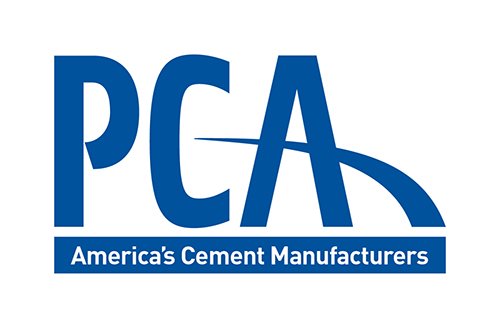
The Portland Cement Association’s (PCA) annual Labor-Energy Input Survey found that 2023 was the most energy-efficient year yet for the U.S. cement industry.
Other trends derived from the survey are that alternative fuel use rose in 2023 to a 16 percent share of the industry’s fuel mix – up from 14.6 percent in the 2022 report. Companies also experienced a growing consumption of natural gas and a decline in coal and petroleum coke use last year.
Additionally, natural gas’ share of total fuel consumption jumped to 31 percent last year from 25.3 percent in 2022, representing the highest reliance on natural gas among cement manufacturers since 1976. Some of the added reliance is likely due to the decline in its price, according to PCA.
Concurrently, PCA says coal and petroleum’s share of the fuel mix fell to its lowest level in 50 years.
These developments in the cement industry’s energy consumption come in the context of U.S. cement manufacturers increasing the production of blended, lower-carbon cements. In 2023, half of the cement consumed in the U.S. was blended.
According to the U.S. Geological Survey’s latest publication in July, blended cement’s share of cement consumption reached 63 percent – an all-time high.
This year’s survey comes as PCA celebrates the third anniversary of its “Roadmap to Carbon Neutrality.” In October 2021, U.S. cement manufacturers embarked on a nationwide strategy to decarbonize the industry by 2050 – if not sooner. PCA says cement manufacturers have made real progress in the three years since, focusing on producing lower-carbon cements, using alternative fuels, and developing carbon capture, utilization and storage.
“Concrete – made with cement – is a material every single human uses every single day to lead a productive life,” says Mike Ireland, president and CEO of PCA. “Today’s society can’t function without it. For a product that’s so essential and so prevalent, of course, there is the challenge of carbon emissions. And as everyone relies heavily on the materials we provide, PCA member companies are doing more now than ever to reduce those emissions in accordance with the roadmap.”
“But to reach our goal,” Ireland adds, “we absolutely need the assistance of our value-chain members, the public and, most importantly, the policymakers who we hope will continue implementing clean energy and industrial decarbonization provisions included in the bipartisan infrastructure law and the Inflation Reduction Act.”

